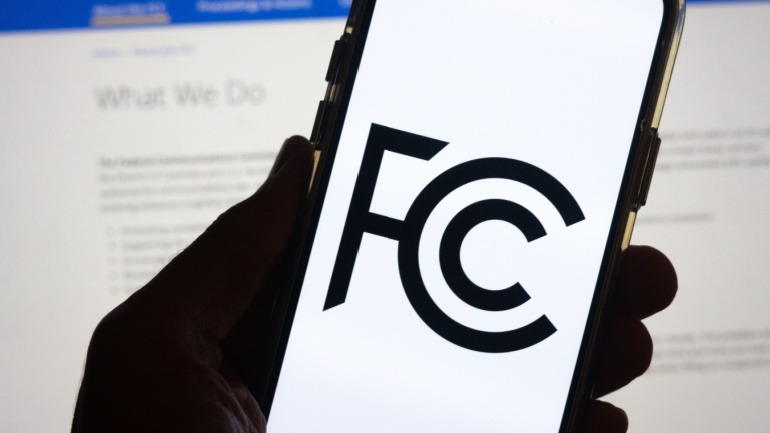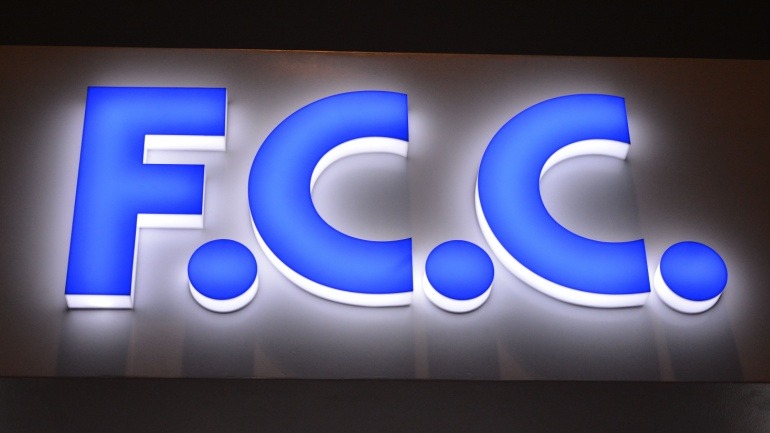The recent rollback by the FCC on national cybersecurity standards for telecommunications companies marks a pivotal shift, sparking debate over regulatory approaches in network security. As this landscape evolves, VoIP solutions providers like Vodia Networks lead the way by prioritizing cybersecurity with robust features that urge the industry to go beyond minimal compliance.
In a landmark ruling, the US Court of Appeals for the 2nd Circuit upheld a hefty $46.9 million fine against Verizon for improperly sharing customer location data. This decision reasserts the importance of robust data privacy protections, significantly impacting the telecom industry’s approach to handling sensitive VoIP customer information. As privacy issues gain traction, VoIP providers must prioritize adherence to regulatory requirements to safeguard both customer trust and compliance, ensuring data security remains a top priority.
Olivia Trusty has been confirmed to the FCC, restoring a quorum with her addition as the third commissioner. Welcomed by colleagues and industry leaders, she brings Capitol Hill and private sector experience. Despite her approval, two seats remain unfilled.
The FCC is exploring opening over 20,000 MHz of underused spectrum for satellite use, potentially benefiting companies like SpaceX. This move comes amid rising criticism of Dish Network for underutilizing its licensed frequencies and signals growing regulatory support for the satellite broadband sector.
The FCC has tightened oversight of device certification labs to protect national security, targeting those with suspected foreign ties. The new rules, unanimously approved, aim to prevent influence from adversaries like China and ensure only trusted labs can certify radio transmitting devices for the U.S. market.
Verizon has received FCC approval for a $20 billion acquisition of Frontier Communications, expanding its fiber network to reach more homes nationwide. In exchange, Verizon agreed to eliminate all diversity, equity, and inclusion initiatives, reflecting broader industry and political shifts away from such programs.
The FCC is advancing new rules for the 37 GHz band to boost mobile capacity and enable shared use for federal and nonfederal users. The updated framework supports wireless innovation, sets stricter emission limits, and introduces nonexclusive nationwide licenses.
FCC Chairman Brendan Carr has warned EU nations about growing reliance on Starlink, highlighting risks of over-dependence on a single satellite provider. European officials share concerns, especially as geopolitical tensions rise. While local alternatives like OneWeb emerge, the EU faces tough challenges in securing technological autonomy.
FCC Commissioner Geoffrey Starks will soon step down, leaving a legacy of innovation, consumer protection, and national security advocacy. Colleagues praise his efforts in bridging the digital divide and advancing telecommunications policy.
The FCC’s “Delete, Delete, Delete” initiative is set to revolutionize the telecommunication landscape, impacting VoIP and fostering innovation by eliminating outdated regulations. Led by Chairman Brendan Carr, this move targets reducing regulatory burdens, encouraging VoIP engineers and IT professionals to engage actively in shaping a more efficient regulatory framework.













